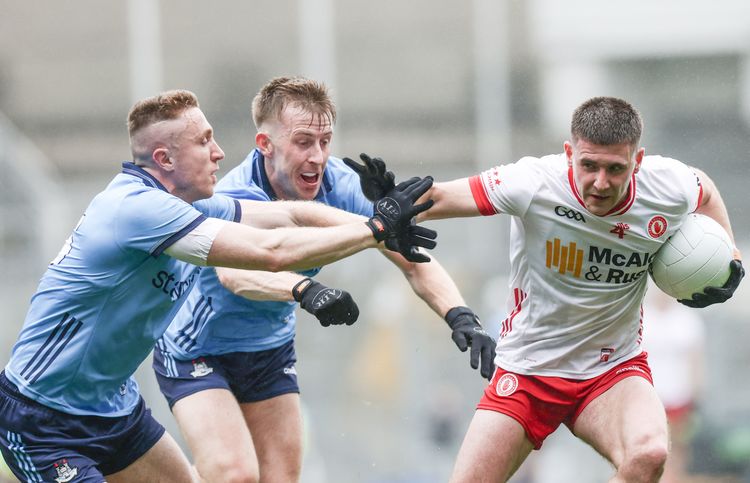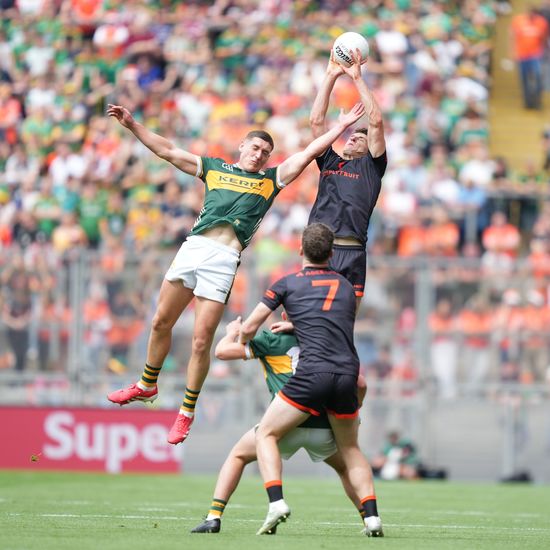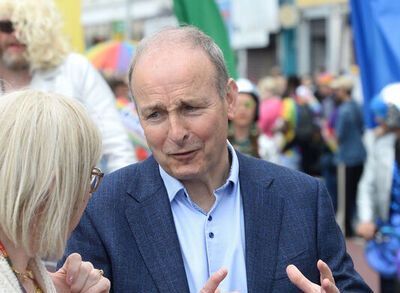[caption id="attachment_70834" align="alignright" width="600" caption="Mary Robinson. "]
2011 resonated with voices demanding open and accountable decision-making. From the Arab Spring to the Occupy movement, people exercising the right to have a say on the conditions that govern their lives demonstrated not only the failings of existing democratic institutions, but the understanding that "ordinary" people have of the connection that exists between economic and social inequality, and democracy.
The absence of effective accountability amongst public bodies has led to failed economic and social outcomes on the ground. Public bodies are refusing to disclose information which is in the interests of public transparency. Arbitrary decisions are being taken with little regard for existing national and international legislation. Decisions to restructure societies are taken with scant regard for the public good. These are not just "foreign" problems.
In December of last year, alongside the Belfast Mental Health Rights Group, and the Seven Towers Residents Group (New Lodge) I, in my capacity as a member of the Participation and the Practice of Rights organization, met with the European Human Rights Commissioner, Thomas Hammarberg to outline the concerns of both groups.
Angie McManus, a resident in Seven Towers, explained the struggle which the group were having, in asserting the humanity of residents: "They tell us there is no damp, but I have seen it with my own eyes; flat after flat with water running down the walls, where children are sleeping." Similarly, Bette Graham, from the Mental Health group, spoke of how despite supportive words and actions from political representatives, "we're being told how we should feel without giving us the chance to say what we need."
Cuts cannot be made the scapegoat for inequality. It is clear that patterns of disadvantage did not shift in the decade of prosperity following the peace agreement.
Government statistics demonstrate the most deprived areas of Northern Ireland are still in North Belfast, West Belfast and Derry. Long-term unemployment is still disproportionately experienced by Catholic males (61 percent in 2010) and chronic social housing shortages are still concentrated in the same areas. There is also an alarming growth in educational underachievement of young Protestant males.
These voices and statistics lay bare the reality that despite developing political relationships in Northern Ireland, social and economic divisions are widening.
As 2011 has taught us, democracy is fundamentally about whose voice we value, and how accountable our institutions are.
In 2012, as the Northern Ireland elected institutions return, an opportunity exists to produce a practical timetable on how the most vulnerable and deprived are not only to be protected, but afforded the priority of opportunity and outcomes they have been constantly denied. They could start by requiring public bodies to treat such groups with respect.
Former UN High Commissioner Mary Robinson, commenting recently on the dangers of democratic deficit, referred to the Seven Towers residents' group, and said: "The absence today of respect for healthy democratic participation is the promise that yesterday's failures will be repeated tomorrow."
That's exactly my point.









